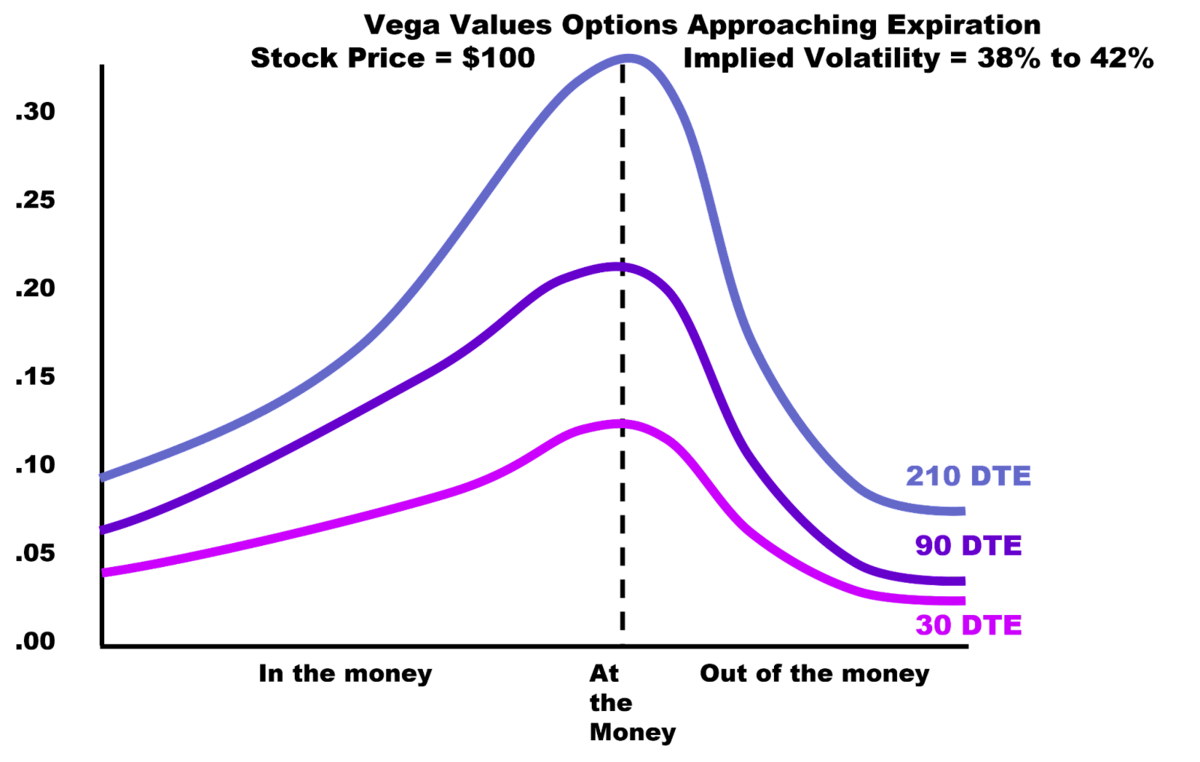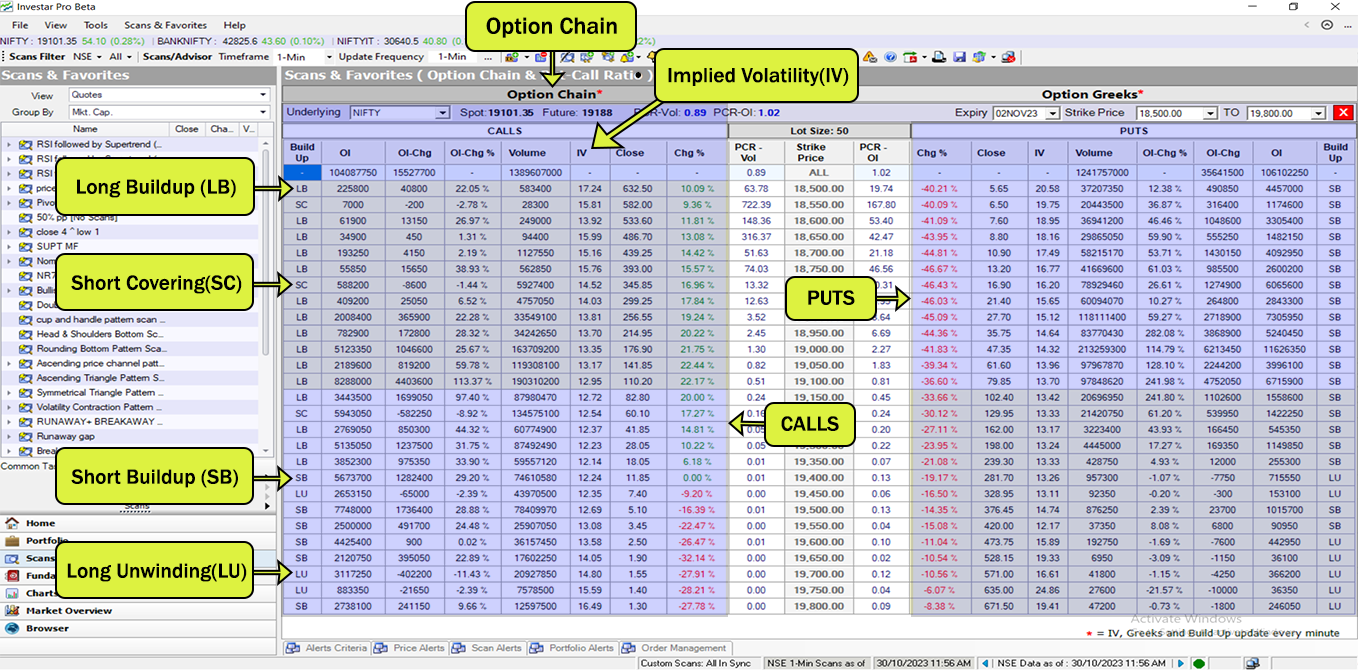Did you know that in trading, the Greeks are not just characters from a classic play but vital tools for options traders? This article dives into the essential Greek letters—Delta, Gamma, Theta, Vega, and Rho—that play a crucial role in understanding options pricing and risk management. We’ll explore how these Greeks influence trading decisions, their significance in strategies like Delta-neutral approaches, and the impact of changing market conditions on their values. Additionally, we’ll cover practical tips for calculating Greeks, tools for tracking them, and common mistakes to avoid. Whether you're a seasoned trader or just starting, DayTradingBusiness is here to help you navigate the complexities of options trading with confidence.
What are Greek letters in day trading options?
Greek letters in day trading options refer to metrics that measure different risks and sensitivities of options. They include:
1. Delta: Measures the option's sensitivity to changes in the underlying asset's price.
2. Gamma: Indicates the rate of change of delta as the underlying asset's price changes.
3. Theta: Represents time decay, showing how much the option's price decreases as it approaches expiration.
4. Vega: Measures sensitivity to changes in the underlying asset's volatility.
5. Rho: Indicates how much the option's price changes with a change in interest rates.
Understanding these Greeks helps traders make informed decisions based on price movements, time, volatility, and market conditions.
How do Greeks impact options pricing?
Greeks impact options pricing by measuring different risks associated with options trades. Delta indicates how much an option's price will change with a $1 move in the underlying asset. Gamma shows the rate of change of delta, helping traders understand how delta will evolve. Theta represents time decay, quantifying how much value an option loses as expiration approaches. Vega measures sensitivity to volatility, indicating how much an option's price might change with a 1% shift in implied volatility. Each Greek provides crucial insights for day traders to manage risk and make informed decisions.
What does Delta represent in options trading?
Delta in options trading represents the sensitivity of an option's price to a change in the price of the underlying asset. Specifically, it indicates how much the price of an option is expected to move for every $1 change in the price of the underlying stock. A delta of 0.5 means the option's price will increase by $0.50 if the stock rises by $1. Delta also helps traders understand the likelihood of an option expiring in-the-money; higher delta values suggest a greater probability.
How can I use Gamma to manage my options risk?
To manage options risk using Gamma, monitor how Gamma affects your Delta. Higher Gamma means your Delta will change more with price movements, increasing risk exposure. Adjust your position size accordingly to stay within your risk tolerance.
If you have a high Gamma position, consider hedging strategies or reducing your position size to stabilize Delta. Regularly assess your Gamma to anticipate changes and respond swiftly to market movements, ensuring you maintain control over your options risk.
What is Theta and why is it important for day traders?
Theta measures the rate of decline in the value of an options contract due to the passage of time. It’s crucial for day traders because it helps assess how much an option's price will decrease as expiration approaches. A high theta indicates that the option will lose value quickly, influencing decisions on when to enter or exit trades. Understanding theta allows traders to strategize around time decay, optimizing their potential profits or minimizing losses in fast-moving markets.
How does Vega affect options volatility?

Vega measures how much an option's price changes with a 1% change in implied volatility. A higher vega means the option's price is more sensitive to changes in volatility. If volatility increases, the value of options typically rises, benefiting long positions. Conversely, if volatility decreases, option prices usually drop, impacting those holding long positions negatively. Understanding vega is crucial for day traders to manage risk and leverage price movements effectively.
What role does Rho play in options trading strategies?
Rho measures an option's sensitivity to interest rate changes. In options trading strategies, Rho indicates how much an option's price will change for a 1% change in interest rates. For strategies like covered calls or protective puts, a high Rho can influence profitability, especially in long-term positions. Traders consider Rho when assessing the impact of interest rates on their overall strategy, particularly in environments with rising rates.
How can I calculate the Greeks for my options?
To calculate the Greeks for options, you can use the following formulas or tools:
1. Delta: Measures sensitivity to price changes in the underlying asset. Use the formula: Delta = (Change in option price) / (Change in underlying price).
2. Gamma: Measures the rate of change of Delta. Calculate it by taking the derivative of Delta with respect to the underlying price.
3. Theta: Measures time decay. Theta = (Change in option price) / (Change in time to expiration).
4. Vega: Measures sensitivity to volatility. Vega = (Change in option price) / (Change in volatility).
5. Rho: Measures sensitivity to interest rate changes. Rho = (Change in option price) / (Change in interest rate).
You can also use options pricing models like Black-Scholes or online calculators to get these values quickly.
What are the differences between the main Greek letters?
In day trading options, the main Greek letters are Delta, Gamma, Theta, Vega, and Rho.
– Delta measures how much an option’s price will change for a $1 change in the underlying asset’s price. High delta means the option is more sensitive to price movements.
– Gamma indicates the rate of change of delta. It helps traders understand how delta will change as the underlying price moves, providing insight into the option's risk.
– Theta represents time decay, showing how much an option's price decreases as it approaches expiration. A high theta means the option loses value quickly over time.
– Vega measures an option's sensitivity to changes in implied volatility. A higher vega indicates that the option's price will react more to changes in market volatility.
– Rho reflects the sensitivity of an option’s price to changes in interest rates. It shows how much the option's price will change for a 1% change in interest rates.
Understanding these Greeks helps traders make informed decisions about option pricing and risk management.
How Do Greek Letters Impact Day Trading Options?
Understanding Greek letters in day trading options involves knowing their impact on option pricing and risk. The main Greek letters are Delta (sensitivity to underlying asset price changes), Gamma (rate of change of Delta), Theta (time decay), Vega (sensitivity to volatility), and Rho (interest rate sensitivity). Each Greek helps traders manage risk and make informed decisions in their options trading strategies.
Learn more about: Understanding Options in Day Trading
How do Greeks help in making trading decisions?

Greeks help traders assess risk and make informed trading decisions in options. Delta measures price sensitivity, indicating how much an option's price changes with the underlying asset. Gamma shows how delta changes, helping traders manage risk as market conditions shift. Theta represents time decay, detailing how an option's value decreases as expiration approaches. Vega assesses volatility, guiding traders on how changes in market volatility impact option prices. By analyzing these Greeks, traders can tailor their strategies to optimize profits and minimize losses.
Can I apply Greek letters to options strategies effectively?
Yes, you can effectively apply Greek letters to options strategies. Greeks like Delta, Gamma, Vega, Theta, and Rho help you assess risk and potential profit. Delta indicates how much an option's price will move with the underlying asset. Gamma shows the rate of change of Delta, helping you manage risk. Vega measures sensitivity to volatility, while Theta indicates time decay. Rho assesses interest rate sensitivity. By understanding these Greeks, you can refine your trading strategies, hedge risks, and enhance your decision-making in day trading options.
What is the significance of Delta-neutral strategies?
Delta-neutral strategies are significant because they allow traders to mitigate risk associated with price movements in the underlying asset. By balancing long and short positions, these strategies maintain a delta of zero, meaning the portfolio's value doesn't change with small price fluctuations. This stability enables traders to focus on other factors, like time decay or volatility, without worrying about immediate market shifts. In day trading options, delta-neutral approaches can enhance profit potential while reducing exposure to directional risks.
How do changing market conditions influence the Greeks?

Changing market conditions significantly influence the Greeks in day trading options. For instance, increased volatility typically raises Vega, indicating higher sensitivity to changes in implied volatility. If the market trends upward, Delta increases for call options, reflecting a higher probability of expiring in the money. Conversely, in a bearish market, Delta for put options rises.
Additionally, in a rapidly changing market, Theta, which measures time decay, can accelerate, especially for out-of-the-money options. Overall, shifts in market conditions directly affect how each Greek behaves, impacting trading strategies and risk management.
What tools can I use to track Greek values?
To track Greek values in day trading options, use these tools:
1. Brokerage Platforms: Most platforms like Thinkorswim, E*TRADE, and Interactive Brokers provide built-in tools to monitor Delta, Gamma, Theta, Vega, and Rho.
2. Options Analysis Software: Tools like OptionsXpress and Option Samurai offer detailed Greek metrics and analytics.
3. Mobile Apps: Apps like Robinhood and Webull allow you to track Greeks on the go.
4. Spreadsheet Software: Use Excel or Google Sheets with custom formulas to calculate and track Greeks based on your trades.
5. Market Data Services: Subscribe to services like Bloomberg or Market Chameleon for real-time Greek values and insights.
Choose the tool that best fits your trading style and needs.
How do Greeks relate to stock price movements?
Greeks in day trading options refer to metrics that gauge how options prices respond to various factors. Delta measures how much an option's price changes with the underlying asset's price movement. Gamma indicates the rate of change of delta, showing how delta itself can change as the stock price moves. Theta reflects time decay, quantifying how much an option's price decreases as it approaches expiration. Vega assesses sensitivity to volatility, showing how option prices react to changes in market volatility. Understanding these Greeks helps traders make informed decisions about stock price movements and manage their risks effectively.
What are common mistakes when using Greek letters in trading?
Common mistakes when using Greek letters in trading include misunderstanding their meanings, like confusing delta with gamma. Traders often neglect to account for volatility, leading to poor risk assessment. Misinterpreting theta can result in holding options too long, missing out on optimal exit points. Many also fail to adjust their strategies based on changing market conditions, ignoring how Greeks can shift. Lastly, over-relying on Greeks without integrating them into a broader trading plan can lead to significant losses.
Conclusion about Understanding Greek Letters in Day Trading Options
Understanding Greek letters is essential for any day trader looking to navigate options effectively. These metrics—Delta, Gamma, Theta, Vega, and Rho—provide insights into pricing, risk management, and market behavior. By mastering how to calculate and apply these Greeks, traders can make informed decisions and refine their strategies. As you enhance your trading approach, remember that DayTradingBusiness offers valuable resources and support to deepen your understanding and improve your trading outcomes.
Learn about Frequently Asked Questions About Day Trading Options